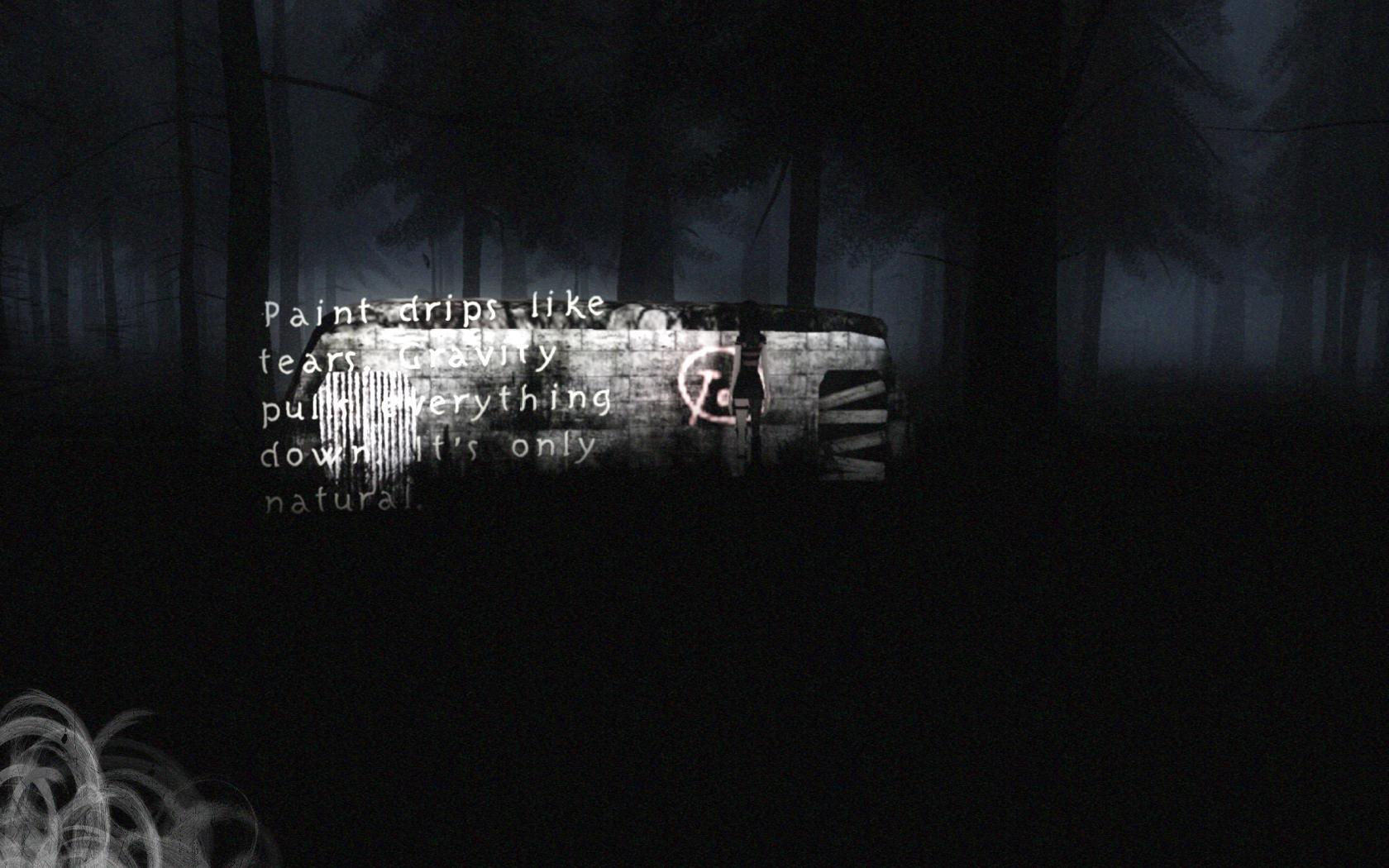

In this same way, Tolkien has placed his own unique angle on various elements of English heritage in order to create the English epic, The Hobbit. Tolkien once stated of myths, “… One does not have to wait until all the native traditions of the older world have been replaced or forgotten for the minds which still retain them are changed, and the memories viewed in a different perspective…” (“ Beowulf: The Monsters and the Critics” 263).

His weaving of such traditional tales from ancient English descent supports The Hobbit as the epic English tale that Tolkien envisioned it to be. From the characters of Bilbo and Gollum, Gandalf and Smaug, to the dwarves and goblins, Tolkien openly derives many of his characters’ qualities, names, and mannerisms from historical tales including Beowulf, Le Morte d’Arthur, the Poetic Edda, and even the Bible. While his use of religion may have been subtle, Tolkien’s borrowing from the legendary past is evidently disclosed. How and why religion is used will be explored more thoroughly in this essay because of its importance to Tolkien and its place in British culture at the time. Tolkien thought that it was important to use, yet he did not use it in an overly obvious sort of way. One significant aspect of religion in The Hobbit is that it is not explicitly used. Tolkien himself claimed that religion was important throughout the novel, thus making it an essential subject to examine. A portion of this essay follows the steps used to develop the two most prominent languages within the books and how each was crafted through Tolkien’s history of writing Middle-earth.Īnother aspect that was focused on was religion. This created language was one of the building blocks Tolkien used to develop the stories within and outside of The Hobbit and the Lord of the Rings. Tolkien was able to achieve all these things by developing a language that ended up growing into multiple languages used to let his world speak volumes to the masses.


Within the beginning of any great fictional story there is a created, well-structured world behind it. These subtle, but significant components create numerous layers to be uncovered by Tolkien enthusiasts and scholars alike, making The Hobbit a cherished tale, not only in its homeland but around the world. Though initially misunderstood by many as a story for children, The Hobbit involves various adult themes including colonialism, war, and heritage. Tolkien created a tale that not only embodied the ethereal past, but additionally blended it with the physical present. Through his thorough knowledge of ancient literature and mythologies, his experiences as a soldier, and his love for England and its people, J.R.R. We chose The Hobbit because of Tolkien’s intricate weaving of the ancient past, English culture, and human nature to create a new world a world that in some aspects is reflective of our own, but also diverges in many distinct ways. On this adventure Bilbo learns about himself, the nature of good and evil, and the world, as well as those living in it. In The Hobbit, Bilbo, a hobbit, – a race of small people with furry feet that are reflective of the good-natured country people Tolkien was raised around – joins an unexpected adventure with a band of dwarves intent on gaining back their mountain kingdom and treasure from Smaug, the dragon. Tolkien’s The Hobbit is a classic novel of English origins. All those, young or old, who love a fine adventurous tale, beautifully told, will take “The Hobbit” to their hearts (“New Books for Younger Readers”), and after an intimate examination of the text, one can find that Tolkien’s well-crafted text provides not only the historical heritage of English culture, but also an appreciation for and comprehension of the past that has continued to affect the futures of all cultures.” The New York Times first pointed out in its review of The Hobbit, that “…there may come the thought of how legend and tradition and the beginning of history meet and mingle…”The Hobbit” is a glorious account of a magnificent adventure, filled with suspense and seasoned with a quiet humor that is irresistible…this is a book with no age limits.


 0 kommentar(er)
0 kommentar(er)
